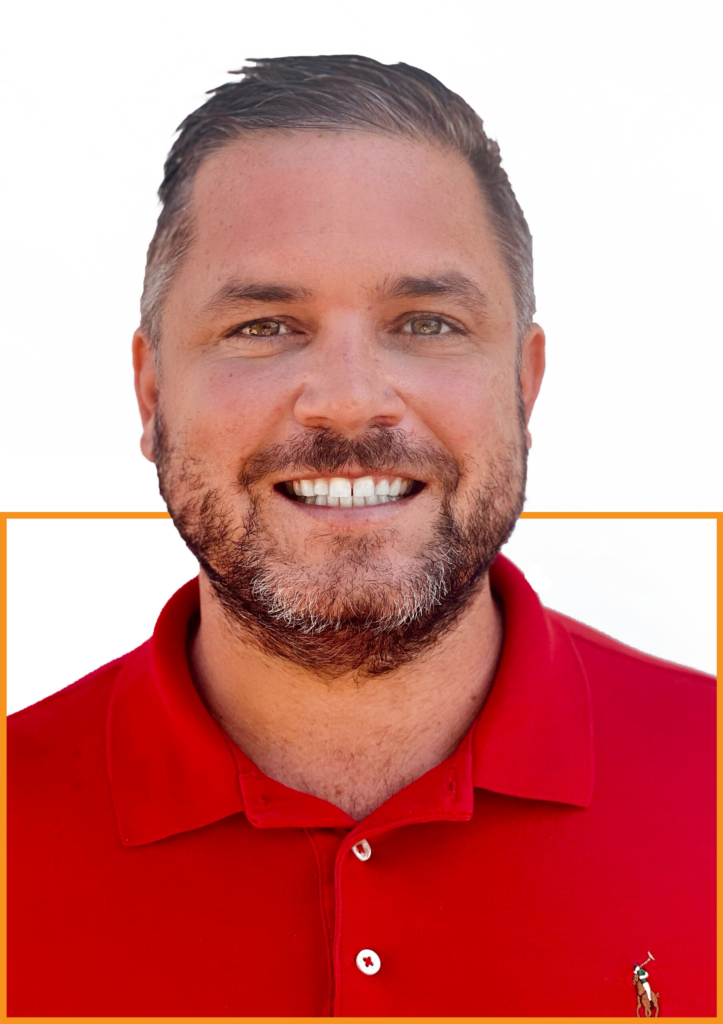When you watch a loved one struggle with substance abuse, all you want to do is help. It’s heartbreaking to see them trapped in the stop-and-start-again cycle, or maybe trying to quit in the first place. Many people who are clean and sober today credit their time in addiction treatment as the catalyst for change in their life. But do you know how to talk about treatment with your loved one?
It’s not likely that someone in active addiction is ready to go to treatment right away. Unless they’re asking for help, they probably aren’t very interested in stopping when you ask them to. There are some things you can do to introduce the idea to your loved one and prepare yourself for their response.
Figuring out how to talk about treatment with your loved one is an important part of getting them the help they need. What are some steps you can take before opening the door for that conversation?
Understand the Options
Addiction treatment programs are the crucial first step in the recovery of millions. Treatment programs provide a safe place to separate from substances and lay the foundation for recovery. There are a few different options available to help your loved one.
Addiction Treatment Programs
Addiction treatment programs are one of the most common ways to separate from drugs and alcohol and find recovery. These programs put your loved one in the middle of a recovery-focused environment where they learn the tools and skills needed to maintain sobriety.
There are different options for treatment depending on your situation and your loved one’s needs. From detox to inpatient rehab, partial hospitalization programs to outpatient programs, addiction treatment offers an option for every person seeking sobriety.
Recovery Coaching
Recovery coaching is a true individualized, personal approach to finding recovery. Treatment programs are a great introduction to recovery but cannot provide the same one-on-one support as a recovery coach. Programs work with large groups of newly sober people all at once while a coach is focused strictly on your loved one.
You can incorporate a recovery coach at any point along the process. Some recovery coaches serve as a touchpoint following treatment. Others work with your loved one from the start which gives them deeper insight into the dynamics of the situation, as well as your family as a whole.
Don’t Force Anything
The best way to talk about treatment with your loved one is in an open conversation. Try to bring it up when they aren’t under the influence; they may be less interested when they’re already drinking or using. You want to approach the topic with openness and honesty, letting them know that you care about their wellbeing and that you want the best for them.
The most important thing you can do is to not force your findings on your loved one. It’s hard to remain neutral when you want them to get the help they need, but the more emotionally charged the conversation is, the less likely they are to get help. They won’t feel receptive or interested in anything you have to say if they feel like they’re cornered. Over pressuring them with force or manipulation will only make it worse.
Consider Incorporating a Professional Interventionist
Interventions are a helpful tool when trying to get a loved one into treatment. They serve as a forced interruption in your loved one’s ongoing behavior patterns and force them to look at how they’re affecting people who care about them. It’s harder to ignore the effects of your actions when you’re surrounded by a group of the people who love you most.
Some people try to conduct interventions themselves with varying success. Holding an intervention on your own is difficult because you’re left to balance the entire process. It’s not easy to remain neutral while sharing the ways your loved one is affecting you.
Incorporating a professional interventionist removes some of the pressure from you. It allows you to focus on sharing what you have to say and leaves the responsibility in the hands of someone with more experience. Professional interventionists are familiar with the process and know how to conduct effective experiences both for the addict and for all loved ones involved.
Be Prepared For a “No”
As hard as it is to hear, you must prepare yourself for them to say “no”. Don’t push the conversation if they’re not receptive to what you have to say. It’s not easy to hear that your loved one isn’t ready to get the help they need but they’ll shut down if you don’t drop it. If they say no you’re better off bringing it up at another time rather than continuing to press the topic.
Preparing yourself for a no will ensure you respond calmly instead of reacting emotionally. Keeping a level head is difficult with your loved one’s addiction but you’ll get a better response down the line if you maintain your composure now.
Know Where to Go When They’re Ready
Create a small list of potential programs your loved one can choose from when they’re ready. Limiting the number of decisions they need to make removes a lot of the friction from the process. The easier it is to move them to a treatment facility, the less time they have to change their mind as the substances wear off.
Deciding which facilities to include on your list can be an overwhelming process. With so many treatment options available today, how do you know which is best suited for your loved one? It’s not easy to decide, especially if you aren’t familiar with how addiction treatment and recovery work.
When you bring in a recovery navigator, they can walk alongside you from the start. Your recovery navigator creates a plan that best suits your loved ones and their particular needs. They understand the treatment process and act as an advocate. They also help the rest of your family address any struggles and challenges that arise.
Recovery navigators know how to talk about treatment with your loved one. They’ll prepare you for the conversation and keep you from having to do everything alone. Want to learn more about what a recovery navigator can do for your family? Schedule a complimentary introduction call today and find out how we can help you.












